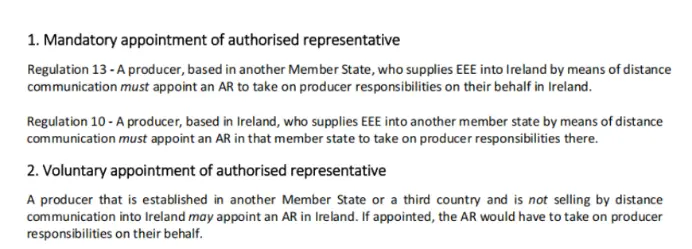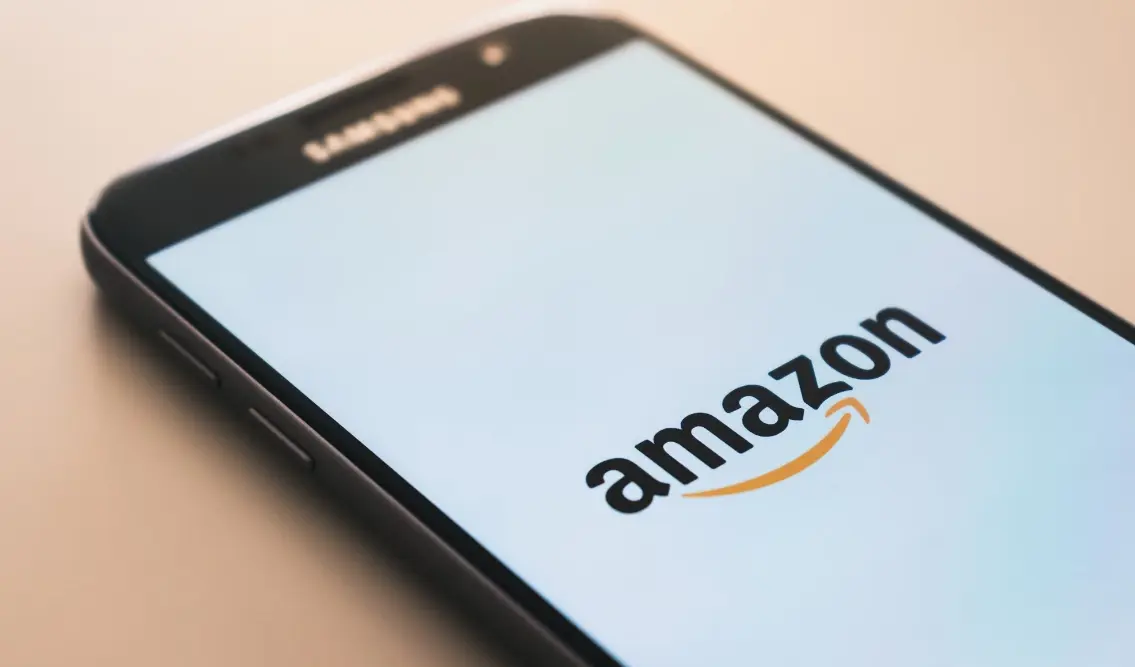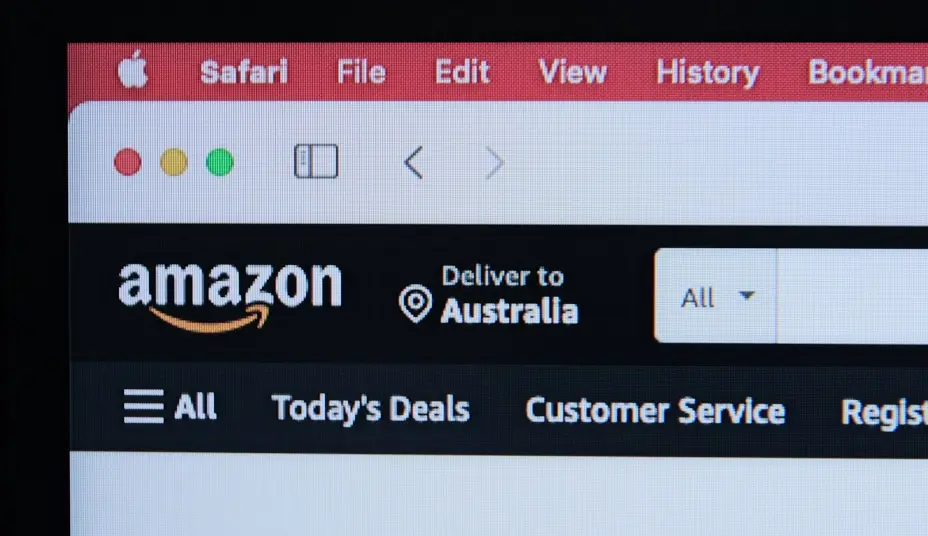
FCC Device Approval Quote
What Does fcc Mean?
FCC stands for the Federal Communications Commission, an independent agency of the U.S. government established in 1934. The FCC is responsible for regULating the use of radio frequencies and ensuring the compliance of communication devices to prevent harm to public safety and health. Its jurisdiction includes radio broadcasting, television, telecommunications, satellite, and cable communications across all 50 U.S. states and territories.
Meaning of fcc certification
FCC certification is a mandatory requirement for electronic products entering the U.S. market. It ensures that products comply with relevant technical and safety standards. FCC certification mainly falls into two categories:
- fcc id Certification: This applies to products with wireless functionality, such as mobile phones, Bluetooth devices, and Wi-Fi equipment. These products must undergo rigorous testing by third-party laboratories to obtain an FCC ID.
- fcc sdoc Certification (Supplier’s Declaration of Conformity): This applies to general electronic products without wireless functions, such as household appliances and monitors. The supplier must declare compliance with fcc standards and provide relevant documentation.
Importance of FCC Certification
FCC certification is not only a legal requirement for entering the U.S. market but also an essential measure for consumer safety. Certified products effectively REDuce electromagnetic interference, improve device compatibility, and ensure user health and safety. Moreover, products without FCC certification are prohibited from being sold in the U.S. market.
fcc certification process
The FCC certification process generally includes the following steps:
1. Initial Application: The manufacturer or its representative submits the application.
2. Quote Confirmation: A testing agency provides a quotation based on product type and testing standards.
3. Payment of Fees: The applicant pays the required fees as per the quotation.
4. Sample Submission: The applicant sends product samples to a designated testing laboratory.
5. Testing & Report Generation: The laboratory conducts necessary tests and issues a compliance report.
6. Certificate Issuance: If the product passes the tests, the applicant receives an FCC certification.
Cost of FCC Certification
FCC certification costs vary depending on the product type, functionality, and testing requirements. The estimated cost ranges are:
- General electronic products (without wireless functionality): Approximately $450 to $700
- Wireless products (such as Bluetooth or Wi-Fi devices): Around $1,250, while complex products may cost up to $3,600
Other factors, such as the choice of certification body and expedited processing, may also influence the total cost.
Scope of FCC Certification
Various types of electronic devices require FCC certification, including but not limited to:
- Household appliances: Fans, electric kettles, speakers, etc.
- Communication devices: Telephones, fax machines, etc.
- Wireless devices: Bluetooth headsets, wireless MICe, etc.
- Industrial equipment: CNC machines, welding machines, etc.
Email:hello@jjrlab.com
Write your message here and send it to us
 Irish Battery Act Requires an Authorised Represent
Irish Battery Act Requires an Authorised Represent
 Swedish Battery Act Requires an Authorised Represe
Swedish Battery Act Requires an Authorised Represe
 Amazon TIC Provider
Amazon TIC Provider
 Amazon Battery and Charger Requirements
Amazon Battery and Charger Requirements
 Amazon Japan METI A Domestic Administrator Service
Amazon Japan METI A Domestic Administrator Service
 What is "Amazon Japan PSE: A Domestic Adminis
What is "Amazon Japan PSE: A Domestic Adminis
 What Does "ASTM F963-17 Certified" Mean?
What Does "ASTM F963-17 Certified" Mean?
 ASTM F963 Board Games Compliance Testing
ASTM F963 Board Games Compliance Testing
Leave us a message
24-hour online customer service at any time to respond, so that you worry!




